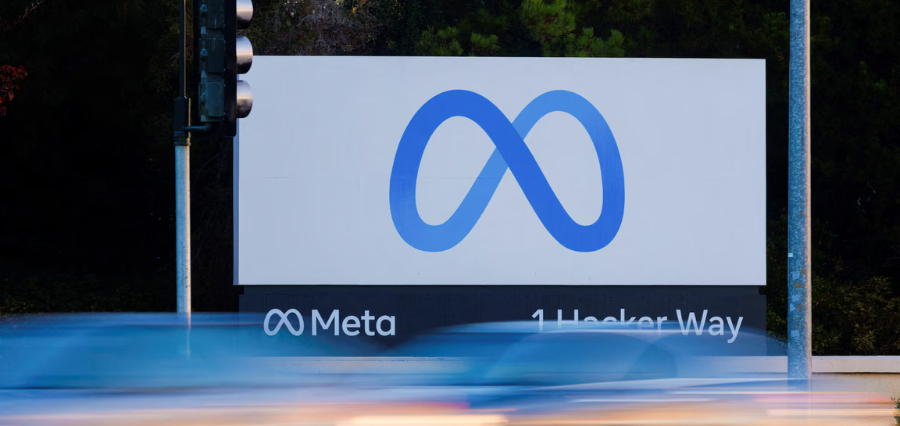
Prime Highlights:
Key Facts:
Key Background
The antitrust battle began in December 2020, when the U.S. Federal Trade Commission (FTC) filed suit against Meta Platforms (then Facebook), alleging that Meta had illegally entrenched its dominance by buying Instagram and WhatsApp. The FTC claimed these acquisitions were not just business expansions, but strategic moves to extinguish future competition — a classic “buy-or-bury” tactic.
At the heart of the FTC’s case was the concept of a specific market: “personal social networking services,” which, according to the regulator, consisted of apps used to connect with friends and family. In this limited market, the FTC argued, Meta faced little real competition and used its power to stifle rivals like Snapchat.
Meta, on the other hand, challenged this argument by saying the FTC’s market definition was too narrow. It contended that its true competition extends to platforms like TikTok, YouTube, and Apple’s messaging services — far beyond just “friends and family” apps. In its defense, Meta highlighted how users frequently switch between different social and content platforms, making the lines between types of services increasingly blurred.
During the trial, internal emails and testimony played a big role. One of Meta’s own executives (later CEO) Mark Zuckerberg had noted in a 2012 email that acquiring Instagram would give Meta “time” against growing threats. But Meta countered that it bought Instagram not merely to suppress it but to integrate and grow it, turning it into one of its most popular products.
When Judge Boasberg delivered his verdict, he sided strongly with Meta. In his opinion, he said the social-media world has evolved dramatically since the FTC filed its case. He even quoted the philosopher Heraclitus, noting that you cannot step into the same river twice — a metaphor for how fast the digital ecosystem has changed. According to him, the days when social networking could be cleanly segmented into separate “friend-family” and “broadcast” markets are over. The judge noted that if TikTok alone were added to Meta’s defined market, Meta’s alleged dominance dissolves.
The ruling marks a significant victory for Meta, effectively blocking what could have been a devastating breakup. For the FTC, it’s a stinging setback — showing that even when a company made big acquisitions years ago, proving ongoing monopoly power in fast-moving tech markets remains a difficult task.
Read Also – Sora Expands to Android Across the U.S., Canada, and Asia
Welcome to the future of digital storytelling, where creativity meets innovation. We’re not just a magazine platform; we’re a team of passionate visionaries committed to transforming how stories are shared, celebrated, and experienced in the digital age. Join us as we inspire, inform, and redefine the world of digital magazines.
© Copyright 2025 | educationeureka | All Rights Reserved.